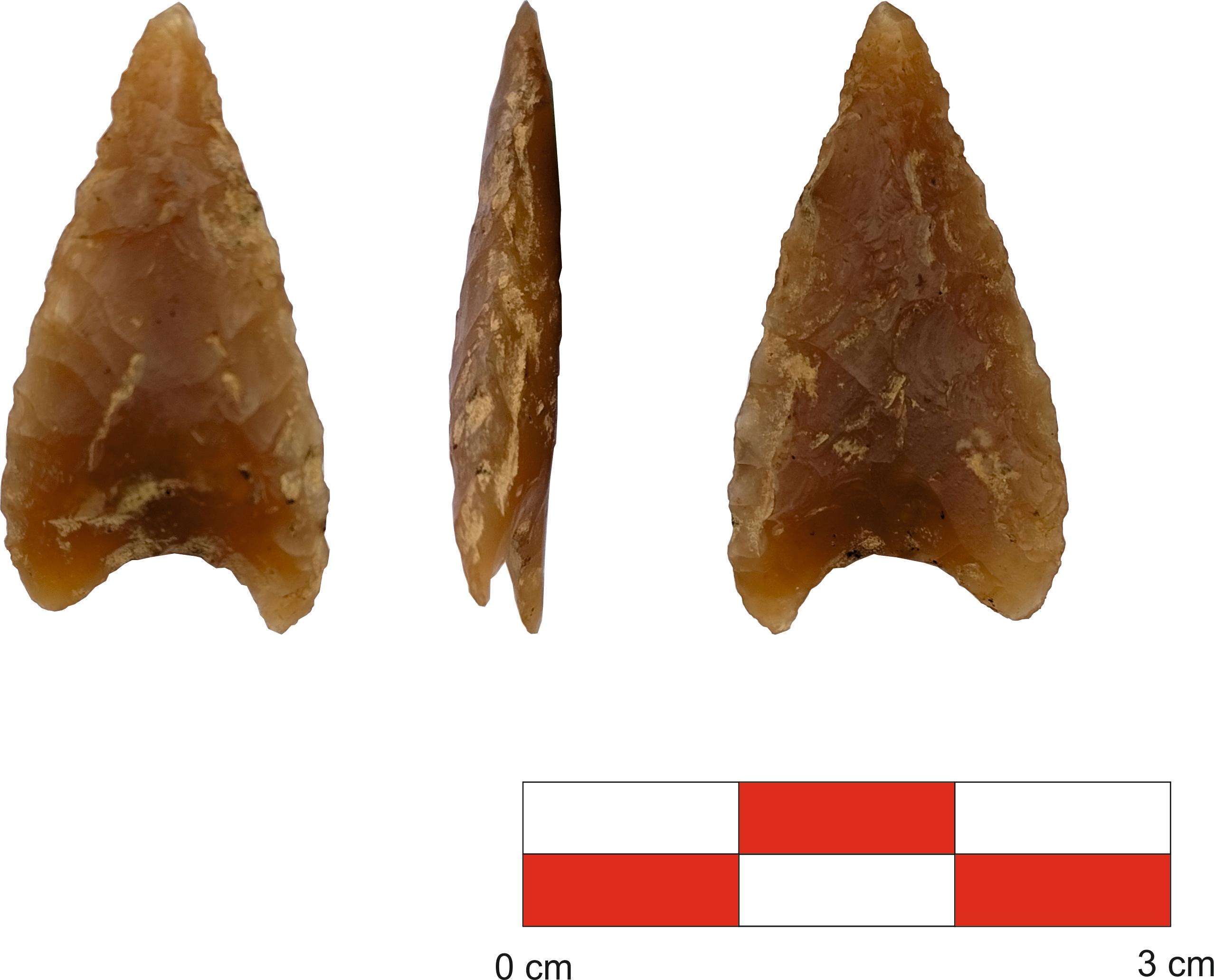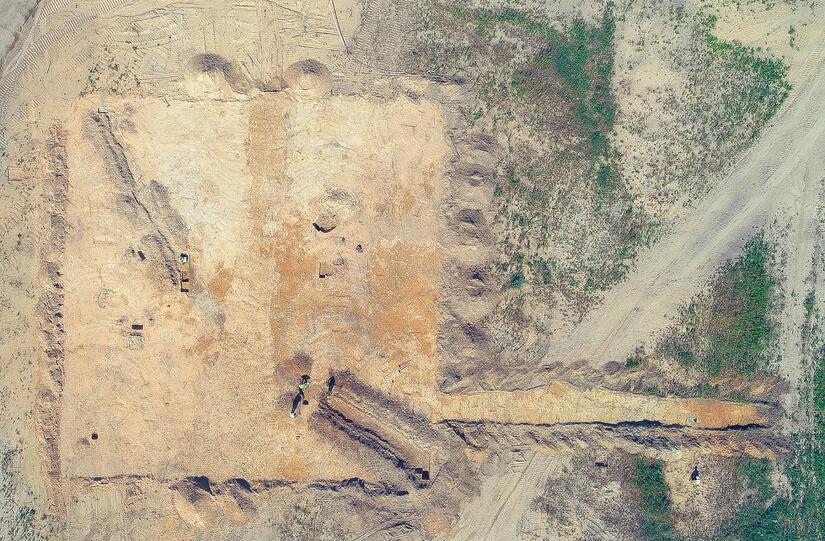Construction of a highway in Poland has been delayed by a year after archeologists found traces of settlements there dating back up to 10,000 years as well as objects from the Bronze and Iron Ages.
Poland’s General Directorate for National Roads and Motorways (GDDKiA) announced on Monday that the discoveries had been made at two sites around the village of Jawiszowice during work to construct the S1 expressway in the southern province of Małopolska.
The provincial conservator of monuments ordered archaeological research to be carried out and that led to the discovery of “traces of settlements from 7,000 to 10,000 years ago”, said GDDKiA.
🔬Archeologiczne odkrycia przy budowie #S1.
W trakcie budowy odc. #Oświęcim – #Dankowice – na terenie #Jawiszowice – natrafiono na ślady osadnictwa sprzed okresu od 7 do 10 tysięcy lat. Więcej: https://t.co/70ofK7lXSd@MI_GOV_PL @GDDKiA @FunduszeUE— GDDKiA Katowice (@GDDKiA_Katowice) April 22, 2024
At one site, six storage pits that would have served as cellars were discovered as well as the remains of holes for wooden poles that were driven into the ground as part of above-ground structures.
Fragments of clay vessels from the Lusatian culture, which was present in the area in the Bronze Age and early Iron Age, from around 1,110-400 BC, were discovered at the same site.
At the second site, a few hundred metres away, further evidence of cellars, a ditch and former wooden structures were discovered as well as three flint artefacts – including an “intricately made arrowhead” – and two dozen fragments of pottery.
They were identified as belonging to the Mierzanowice culture, which was present in the area in the early Bronze Age around 2,300-1,800 BC.

Due to the discovery of the archaeological objects, a decision has been issued to halt work on the section of the S1 expressway between the city of Oświęcim and village of Dankowice. Its expected completion date has been postponed from July 2024 to June 2025.

Notes from Poland is run by a small editorial team and published by an independent, non-profit foundation that is funded through donations from our readers. We cannot do what we do without your support.
Main image credits: GDDKiA (under CC BY-NC-ND 3.0 PL)

Agata Pyka is a former assistant editor at Notes from Poland. She specialises in Central and Eastern European affairs, cybersecurity, and investigative reporting. She holds a master’s degree in political communication from the University of Amsterdam, and her work has appeared in Euractiv, the Balkan Investigative Reporting Network (BIRN), and The European Correspondent, among others.



















